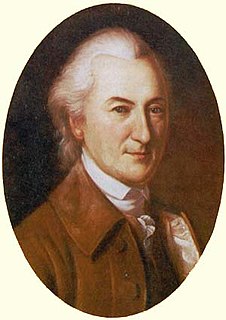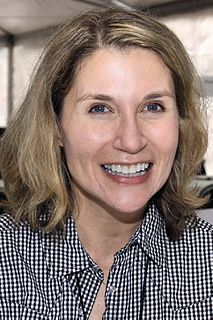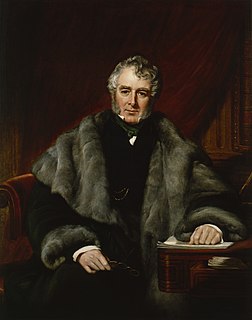A Quote by Joseph Smith, Jr.
It is our duty to concentrate all our influence to make popular that which is sound and good, and unpopular that which is unsound.
Related Quotes
A large part of our attitude toward things is conditioned by opinions and emotions which we unconsciously absorb as children from our environment. In other words, it is tradition—besides inherited aptitudes and qualities—which makes us what we are. We but rarely reflect how relatively small as compared with the powerful influence of tradition is the influence of our conscious thought upon our conduct and convictions.
There is fascism, leading only into the blackness which it has chosen as its symbol, into smartness and yapping out of orders, and self-righteous brutality, into social as well as international war. It means change without hope. Our immediate duty - in that tinkering which is the only useful form of action in our leaky old tub - our immediate duty is to stop it.
We are warned by the Word both of our duty, our danger, and our remedy. On the sea of life there would be many more wrecks if it were not for the divine storm-signals which give to the watchful a timely warning. The Bible should be our Mentor, our Monitor, our Memento Mori, our Remembrancer, and the Keeper of our Conscience.
One of the worst features about worrying is that it destroys our ability to concentrate. When we worry, our minds jump here and there and everywhere, and we lose all power of decision. However, when we force ourselves to face the worst and accept it mentally, we then eliminate all those vague imaginings and put ourselves in a position in which we are able to concentrate on our problem.
Humanity is a biological species, living in a biological environment, because like all species, we are exquisitely adapted in everything: from our behavior, to our genetics, to our physiology, to that particular environment in which we live. The earth is our home. Unless we preserve the rest of life, as a sacred duty, we will be endangering ourselves by destroying the home in which we evolved, and on which we completely depend.



































